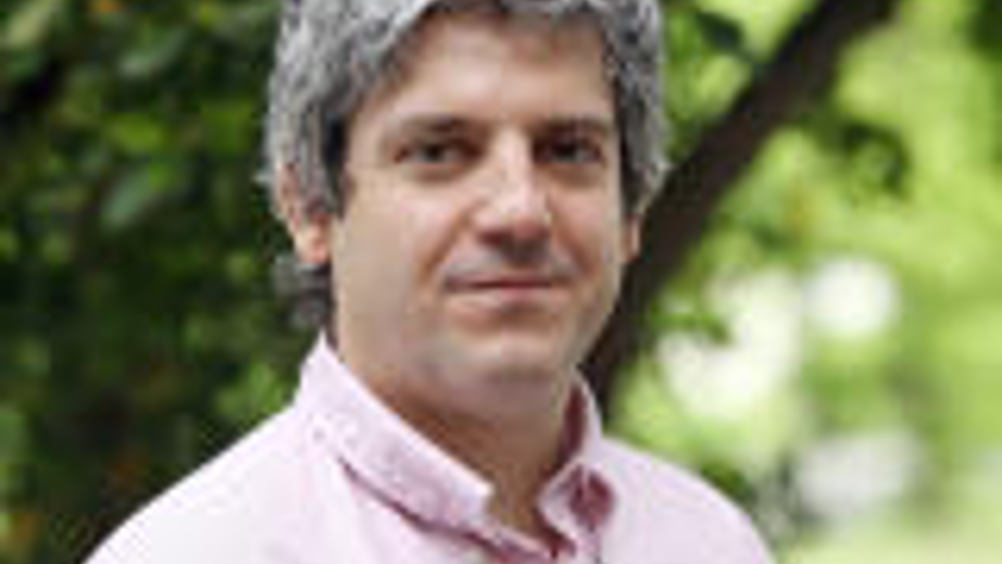PhD reveals behaviour of semiconductor crystals under 100nm
1 min read
A PhD thesis has been written on the behaviour and properties of nanometric scale semiconductor crystals.

The study by Carlos Echeverría Arrondo (pictured), doctor in physics from the Public University of Navarre, looks at the behaviour of semiconductor crystals when their size is reduced to less than 100nm. Arrondo said that magnetic properties at these dimensions can change drastically when the size of the particles is reduced. In his investigation he found that light is also capable of modifying the magnetism of nanocrystals.
He said: "When quantum points or nanoparticles are involved, we are talking about nanocrystals of 'zero' dimensions, while those of one dimension are known as nanowires. Thus, the properties of quantum points and nanowires not only depend on nanometric size but also on their shape and the presence of impurities."
The thesis studied in a theoretical manner the properties of 'doped' quantum points (with the presence of impurities) and of magnetic nanowires. Notable amongst the main conclusions was that the electronic properties of the nanocrystals with magnetic impurities also depend on where they are located; it being possible that the magnetic properties of the quantum points change drastically on reducing their size; and light is capable of modifying the magnetism of the nanocrystals doped with manganese. A hitherto unknown crystalline geometry was also discovered, and which has low nanowires dimensions.
"The study of the nanometric structures is important in their physical behaviour, different from macroscopic solids to which we are accustomed," added Arrondo. "Given their low dimensionality, the properties of nanocrystals and nanowires are often surprising and, at the same time, promising – as regards the development of new devices related to, for example, nanomagnetism and optoelectronics, to mention two fields dealt with in this PhD thesis".
With regard to manipulating the spin of a quantum point using light, Arrondo said: "This result shows us, for example, that these nanocrystals will act as bits of information or devices carrying out logical operations or for systems for high capacity storage. These nanoparticles could even operate for quantum computation, anticipating fantastic calculation speeds, unimaginable today".
Carlos Echeverría Arrondo's thesis is entitled On doped semiconductor quantum dots and magnetic nanowires












